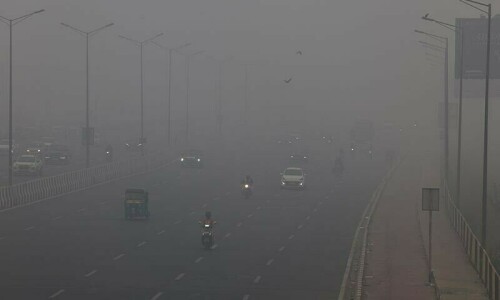BEIRUT: There are many ways to judge how advanced a country is: levels of education, culture, material prosperity and technological progress are all yardsticks used to compare between nations.
Another important yardstick involves the number of non-governmental civil institutions active in the country, and how large a role they play in serving the society. The more such institutions a country has, the more advanced it is seen to be.
Like other countries, the Gulf Arab states have encouraged the establishment of such institutions in recent years. After the September 11 attacks, however, the Bush administration and the Western press began concentrating on what they called “sources of terrorist funding”.
A campaign was launched targeting Islamic charities in the United States many of which were closed down and their assets duly frozen. This campaign was later widened to include charitable organizations in member states of the Gulf Cooperation Council (GCC) namely, Saudi Arabia, Kuwait, Bahrain, Qatar, Oman and the UAE.
The US government demanded to inspect the accounts of such organizations. Actions against Islamic charities in the United States resulted in lawsuits being brought against the US government. The Gulf states, however, agreed to the second phase of this campaign grudgingly, because they saw it as an interference in their internal affairs.
It is too difficult to surmise that President George W. Bush had Arab and Islamic charities in mind when he threatened to wage a “war on terror”, and anyone who supported it morally or financially. This is not the first time that the United States has targeted Arab and Islamic charities. These organizations have been playing a major role in building bridges between Muslims in various countries by providing aid and relief where they are most needed, as well as by helping the wealthy channel their donations to worthy causes.
During the last two decades, Islamic charities were a thorn in the eyes of the West, especially the Church-run charities that had hitherto monopolized aid to Asia and Africa.
Defenders of the Islamic charities say it has given their host countries publicity in various parts of the world, such as Somalia, Bosnia, Afghanistan, Pakistan and Chechnya.
The real aim of the campaign targeting Islamic charities, supporters say, is to deprive the Gulf states of effective tools to provide humanitarian aid, thus restoring the monopoly of Western organizations.
On the other hand, some Gulf intellectuals suggest that Church-run Western charities have a longer history of supporting ‘terror’. They point to the various insurgences and separatists movements that have been funded, both overtly and covertly, by Western NGOs without attracting any criticism for exceeding their humanitarian remit.
The support of the World Council of Churches to southern Sudanese rebels, as well as the support to them in Nigeria aided the secessionist movement in Biafra.
Other Western humanitarian organizations used the umbrella of relief work to provide material aid to secessionists in Northern Ireland and East Timor.
Despite widespread violence, no one called for the Church- oriented aid to be suspended.














































Dear visitor, the comments section is undergoing an overhaul and will return soon.